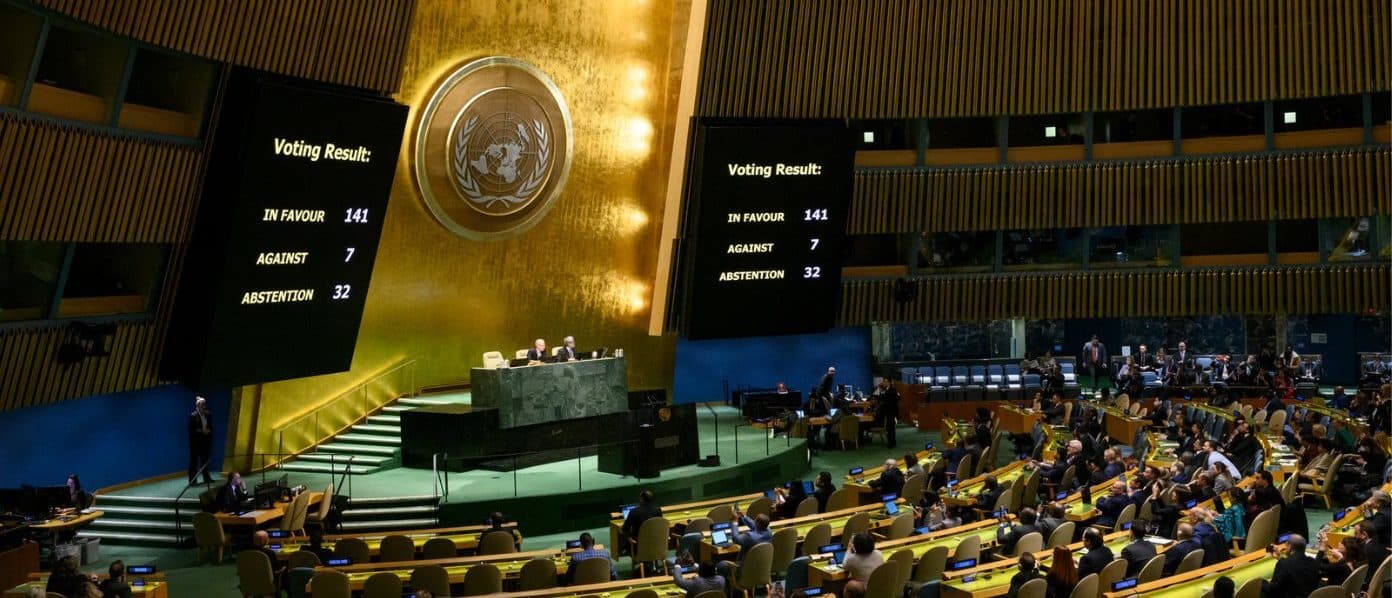The United Nations’ highest court confirmed Wednesday that the General Assembly has asked for it to issue an advisory opinion on “the obligations of States in respect of climate change.”
UN nations led by the South Pacific island state of Vanuatu adopted a historic resolution late last month calling for the International Court of Justice to lay out the legal framework of obligations countries have to curb warming and protect communities from climate disaster.
Vanuatu Prime Minister Ishmael Kalsakau called the resolution “a win for climate justice of epic proportions.”
The Hague-based court said Wednesday it has been asked to answer two questions. Firstly, what are nations obliged to do under international law to ensure the protection of the climate and environment from greenhouse emissions?
And, secondly, what are the legal consequences if nations, either by their actions or failure to act, have caused significant harm to the climate and the environment, in particular on small island states that are especially hard hit or vulnerable to the effects of climate change, and “peoples and individuals of the present and future generations.”
Under the court’s rules, after receiving the request for an advisory opinion, its registrar informs all countries entitled to appear before the court and gives them an opportunity to submit written statements. International organisations “likely to be able to furnish information” also are allowed to make written submissions.
After the written submissions, the court will hold public hearings at its seat, the Peace Palace, where nations and organisations can make statements. The 15 judges will then deliberate before issuing a non-binding opinion at another public hearing. The entire process is likely to take years. UN Secretary-General António Guterres said when the resolution seeking the opinion was adopted by consensus that he hoped it would encourage nations “to take the bolder and stronger climate action that our world so desperately needs.
